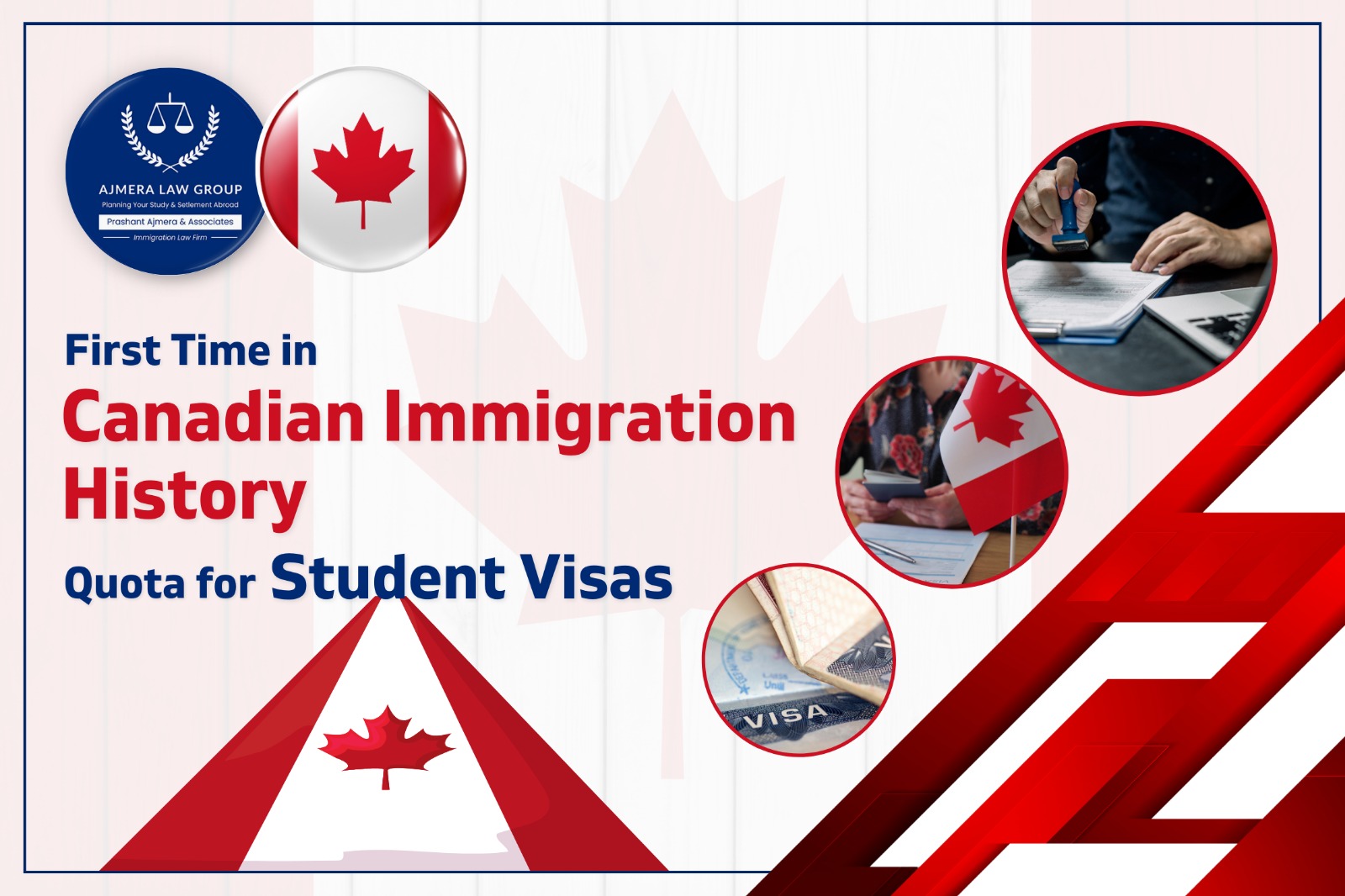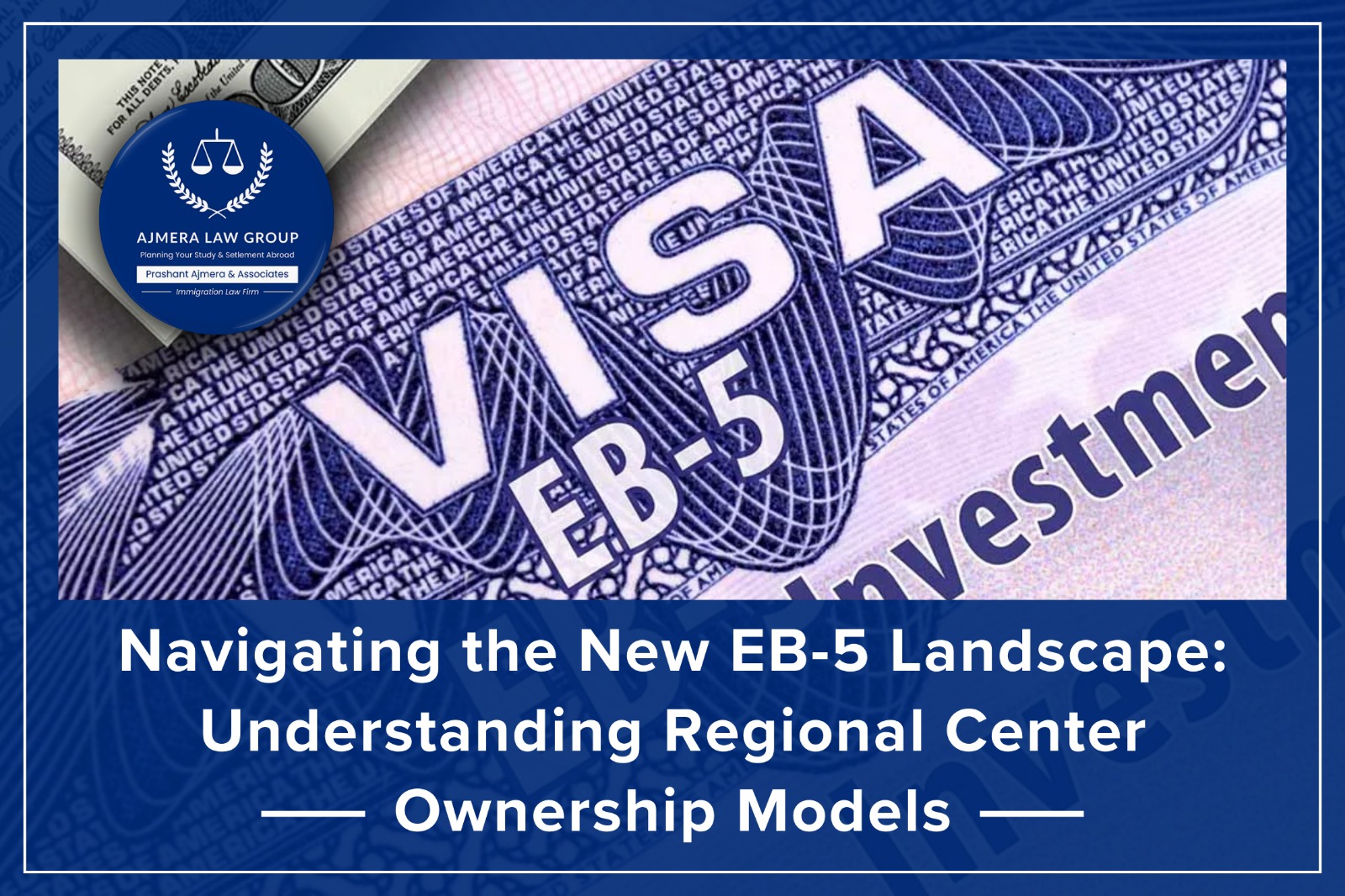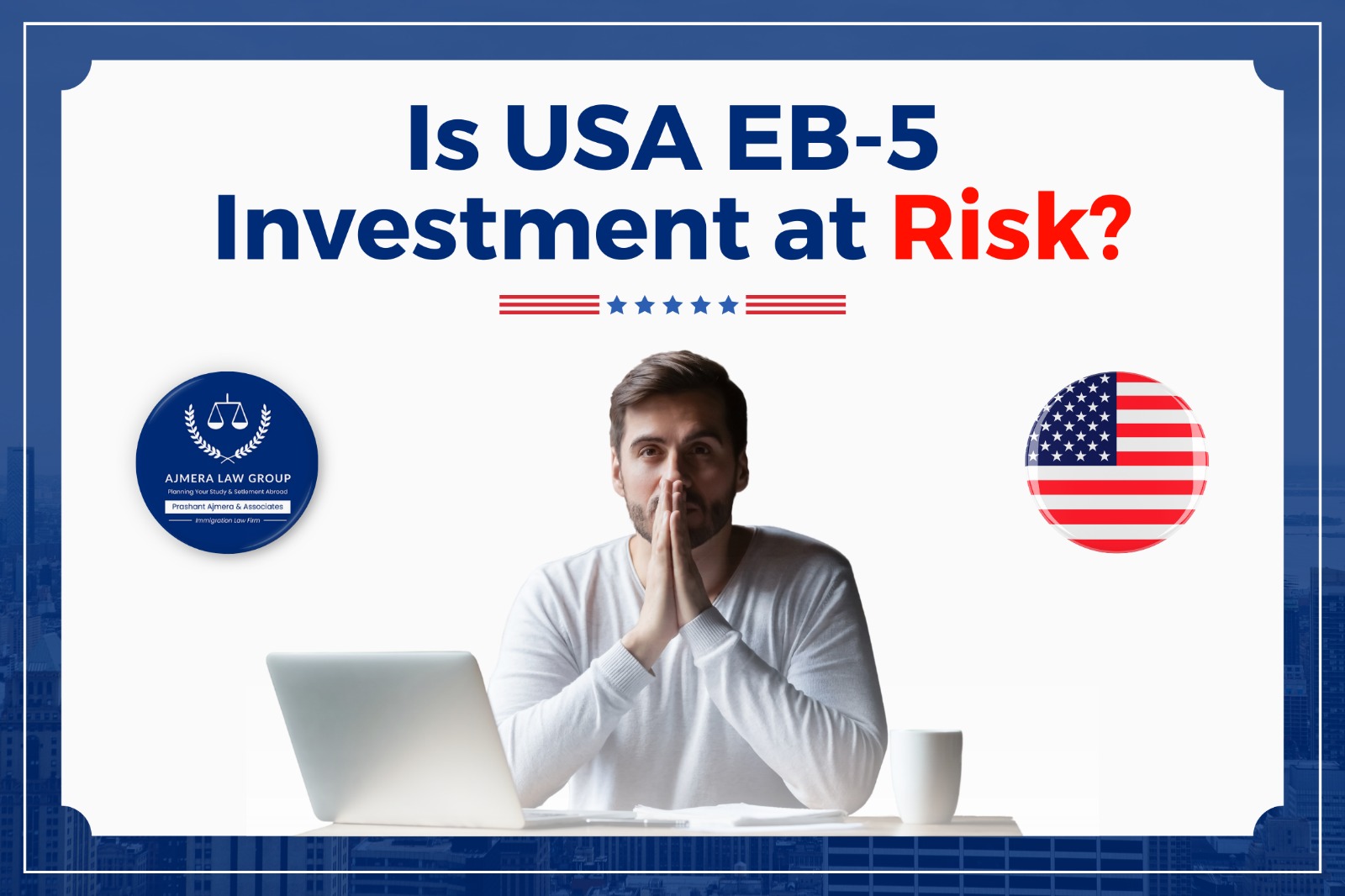📢 **Important Update on Canadian Student Visas! 🇨🇦**
For the first time in Canadian immigration history, a quota system has been introduced for non-immigrant student visas for the next two years. On January 23, 2024, the Canadian Immigration Minister announced a significant reduction, limiting the issuance of student visas to approximately 364,000 for the academic year starting September 2024. Here are the key points of this announcement:
1. **No Impact on Existing Students:** The quota will not affect existing students in Canada.
2. **Province and Territory Distribution:** The 364,000 quota will be distributed province and territory-wise and further allocated to designated educational institutes.
3. **Limited to College and Undergraduate Programs:** This quota applies to college and undergraduate degree holders for two years and does not affect master’s, doctorate, and students attending primary and secondary schools.
4. **Attestation Letter Requirement:** Colleges issuing admission letters must provide an attestation letter from the provincial government.
5. **Changes to Post-Graduation Work Permits:** Starting September 1, 2024, international students in curriculum licensing arrangement programs will no longer be eligible for a post-graduation work permit upon graduation.
6. **Extended Work Permit for Graduates:** Graduates of master’s and other short graduate-level programs will soon be eligible to apply for a 3-year work permit.
7. **Limited Open Work Permits:** Open work permits will only be available to spouses of international students in master’s and doctoral programs. Spouses of students in other levels of study, including undergraduate and college programs, will no longer be eligible.
8. **Recent Measures Introduced:**
– Updated cost-of-living requirements for study permit applicants as of January 1, 2024.
– Enhanced verification process for letters of acceptance submitted by applicants outside Canada since December 1, 2023.
– Upcoming targeted pilots in 2024 to support underrepresented cohorts of international students.
For more details, check the official announcement: [Canada.ca – Immigration News](https://www.canada.ca/en/immigration-refugees-citizenship/news/2024/01/canada-to-stabilize-growth-and-decrease-number-of-new-international-student-permits-issued-to-approximately-360000-for-2024.html)
Stay informed and plan accordingly! 🌍🎓 #CanadianStudyVisa #InternationalStudents #ImmigrationNews
To explore your settlement options in Canada, schedule a consultation with Indian immigration lawyer Prashant Ajmera, the founder of Ajmera Law Group. Contact us at +919974253030 or email us at info@ajmeralaw.com. Discover the pathways to your American dream with expert legal guidance.




